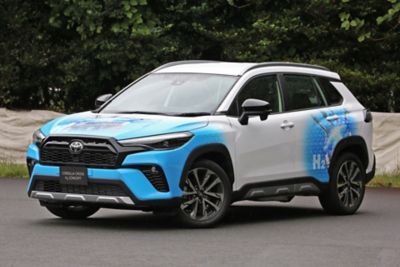Agreed in principle. However, when applied to EVs, it does sound like virtue-signalling.
The vast majority of the UK population will have a TV at home, a computer, a mobile phone, and an Internet Router. Not to mention white goods and various other electric and electronic devices, from lightbulbs through kettles and up to washing machines etc etc.
And so, while you are 100% right to address the issue of 20% of the world's population - those living in Western countries - exploiting the other 80% by having a high standard of living in the West, not-insignificantly due to cheap labour in the developing world, to single out car production while typing the comment using a plethora of cheaply-made Chinese electronic devices, does sound somewhat disingenuous.



